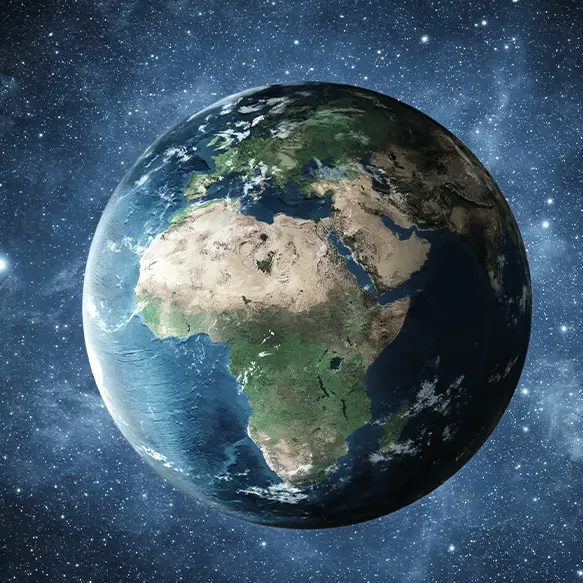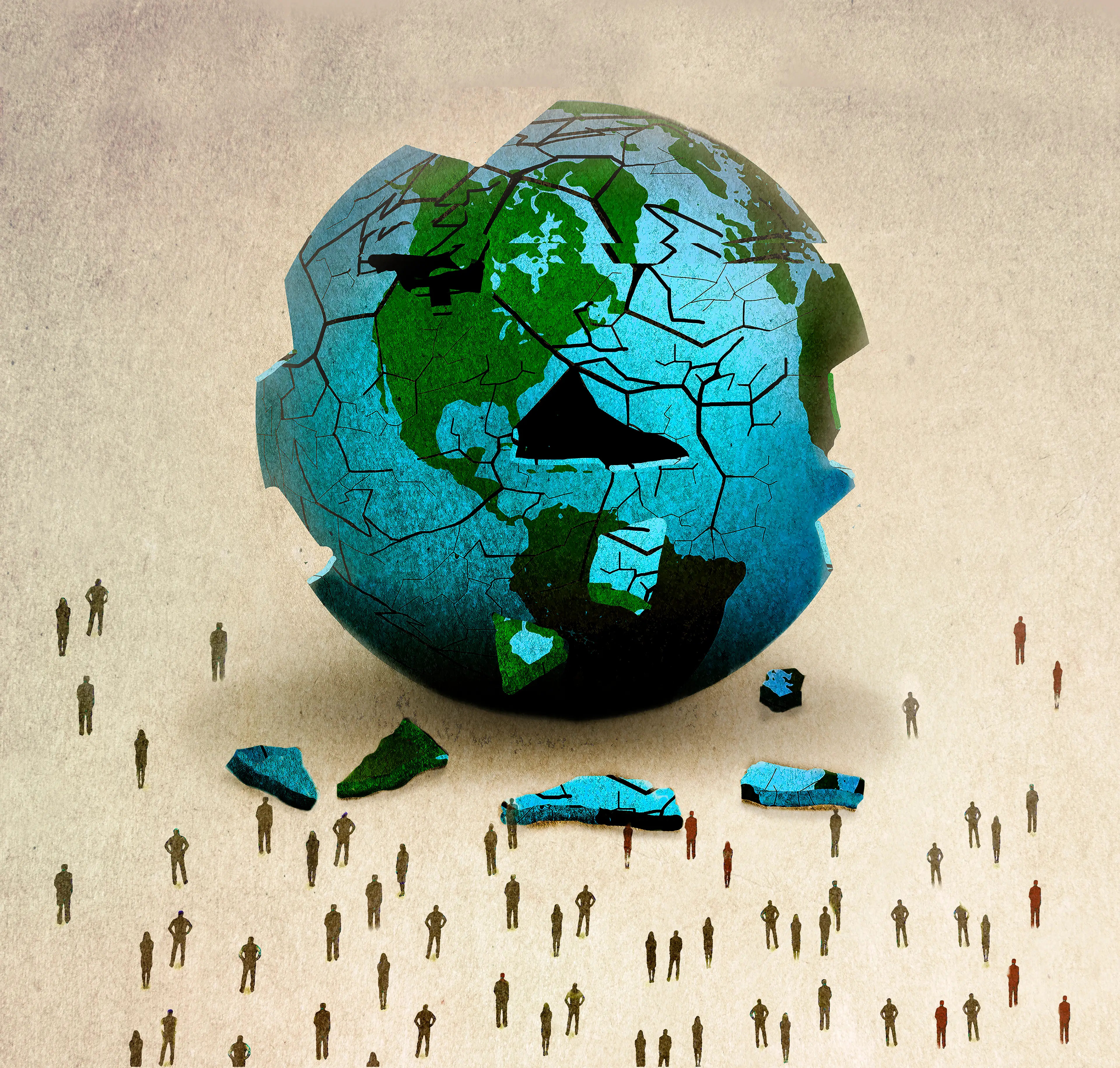
While we're sure the animal kingdom would be happy if humans never existed, it's hard to imagine what Earth would be like if we've never evolved from apes. Would it be like Planet of the Apes where super-intelligent simians are living in skyscrapers?
It's no secret that humanity is having a devastating effect on the planet, with global warming, pollution, and habitat destruction being just some of the reasons Mother Earth would be better off without us. It's an inevitability that, one day, something will wipe mankind off the face of the planet, and whether it be like a meteorite that wiped out the dinosaurs or some sort sentient artificial intelligence, humans won't reign forever. The question is, will there be any planet left by the time the last human kicks the bucket?

With the global population currently sitting at around 8.2 billion, there are a lot of us on Earth (even if most of it is made up of water). Our impact is only getting worse, but without humans, it doesn't sound like the Earth would be in a worse state in 2024.
Advert
Firstly, animal distribution would look very different. Due to hunting and driving animals out of their natural habitats, we've seen many species go extinct. Without humans, there could be tigers and zebra roaming around Europe, while big cats and short-nosed bears would be running rife.
An area the size of 10 football pitches would be restored every minute we don't exist, so imagine lush greenery where our cities currently stand. This means an area slightly bigger than Denmark would be reforested every year humans aren't around. Sticking with the environment, a lack of man-made gasses mean the Ozone Layer would be restored and the seabed would be free from shipwrecks and cables.
When it comes to positive impacts, most of the good that humans do is actually in response to undoing the damage they've done. For example, improving the environment by planting trees is only because we cut down others in the first place.
It's not all doom and gloom for mankind, as the video points out how we actively fight forest fires and save some animals as well as their habitats. There's also creating new habitats through scheme like sinking old train cars to create underwater reefs. We're not sure this outweighs the damage we've done to natural reefs, but at least some people are trying. Similarly, we've worked to save some species of animal that would otherwise be extinct by now.
Assuming we hadn't damaged the planet in the first place, we could actually have a positive impact on Earth.
The final 'good' that human have done is in terms of monitoring outer space and the potential to spot Earth-destroying asteroids. The more that science developers, the more likely we are to be able to try and avoid another extinction even like the dinosaurs.
Still, the video concludes: "The environmental impact that we've had as a race is massively significant and far outweighs anything that we've done to improve the situation."
The world might be a more diverse and lush place without mankind, but it would also be one more at risk to advanced threat beyond our planet. With Mars not being the savior we thought it could be, we better make the most of Earth because it might be the only planet we've got.